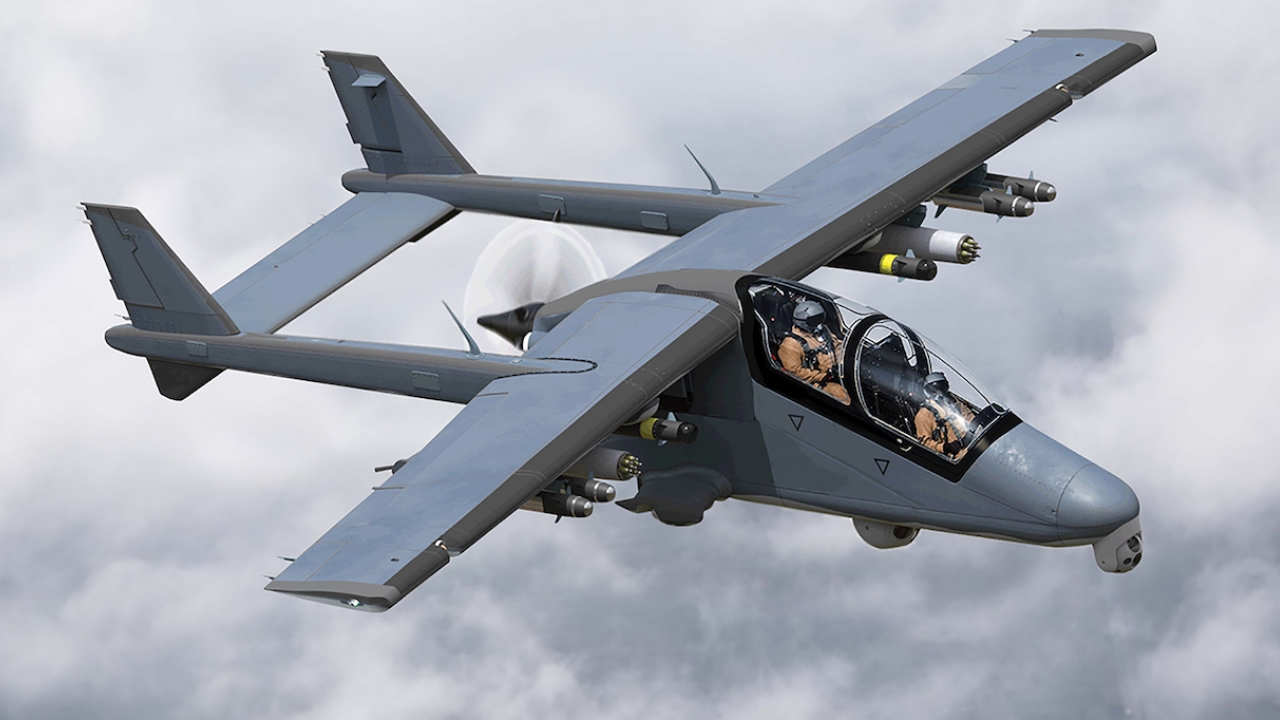Virus adds new twist to Denel survival fight
South Africa’s Denel is in the midst of a transformation programme to restructure itself into a profitable company after years of shrinking defence budgets and alleged corruption – and the coronavirus pandemic certainly hasn’t helped.

The name Denel has been synonymous with South African defence products for almost 30 years. Here, Alan Dron looks at what it must do to survive.
Its various divisions have been responsible for everything from air-to-air missiles and aerostructures to artillery and armoured vehicles.
But the company has been plagued in recent times by accusations of corruption and ‘state capture’, the process by which individuals or organisations commandeer state-owned companies to redirect public resources into their own hands.
With the coronavirus weighing in this year, putting the country into lockdown, it meant that the company’s attention was switched during the emergency to things like designing and developing vital medical ventilators, producing sanitisers for industrial and medical uses, and converting Casspir landmine-protected infantry mobility vehicles into field ambulances.
Denel has been, for some time, in what it describes as a transformation process, to remedy past problems and make it more viable for the future business environment. It said last summer: “Systems and processes are in place to strengthen governance, improve programme management, drive efficiencies and grow revenues.”
However, Denel did not respond to repeated attempts by African Aerospace to provide a more recent update on its progress.
Noted South African defence analyst, Helmoed Heitman, said that he believed Denel was “born to fail” from the moment it was hived off from state-owned Armscor in 1992, just at the time when the country’s defence budget was shrinking rapidly.
Despite this, a combination of good staff in the various divisions and some useful export orders allowed the company to survive. “Indeed, three or four years ago, it was on the verge of making quite a lot of money.”
However, a series of factors brought an end to this, said Heitman. Notable among them was the creation, without government permission, of subsidiary Denel Asia, in which the Gupta family – now enmeshed in a series of huge corruption allegations – was heavily involved.
There have also been mistakes made by management, Heitman believed. For example, the decision by the aerostructures division to cease making components for the Airbus A400M strategic transport aircraft meant that Airbus repossessed its equipment, meaning that Denel could not use it for other contracts for UK tier-1 supplier GKN, or on Japan’s HondaJet executive aircraft.
Earlier this year, Denel announced its imminent exit from its aerostructures business.
A further problem is that the South African National Defence Forces are so short of money that they are unable to buy Denel products; and failure by a country’s armed forces to buy their own nation’s military equipment is a major deterrent to overseas purchasers.
In addition, Heitman said, the decision by South Africa’s national conventional arms control committee to insist on the right to inspect foreign purchasers’ sites to verify that they were not transferring the weapons to third parties, understandably raised hackles with potential buyers of Denel weaponry and stalled several promising arms contracts to Saudi Arabia, Algeria, Oman and the UAE. “If we can’t get this blockage out of the way, Denel will die,” he said.
The country’s budgetary difficulties are another reason for its lack of support for Denel, said one former senior official at the company, who asked not to be identified: “The problem is that the South African Government currently has a hell of a lot more pressing problems than the defence industry.”
Denel has several potential money-spinners in its portfolio, such as ammunition made by Rheinmetall Denel Munitions, armoured vehicle gun turrets, and missiles, such as the A-Darter air-to-air missile, that has been mooted to equip Brazil’s Saab Gripens.
But the company has to be realistic, said the source: “We need to change the stance of the defence industry and stop trying to be a major systems supplier, [instead] concentrating on things that we can do well and sell them though a major supplier – for example, a sighting system through BAE Systems.”
Tackling major projects, such as air-to-air missiles, was very difficult for a company of Denel’s size and skills, he added.
He suggested the company focus on more modest programmes, such as precision-guided munitions plus support, maintenance and repair activities – “That’s where all the money is.”
Heitman believes that three steps must be taken if Denel is to have a chance of survival: The block on export sales has to be lifted; the South African defence forces must start to buy Denel equipment; and international partners have to be brought in.
Without these: “It will die.”
Stay up to date
Subscribe to the free Times Aerospace newsletter and receive the latest content every week. We'll never share your email address.

